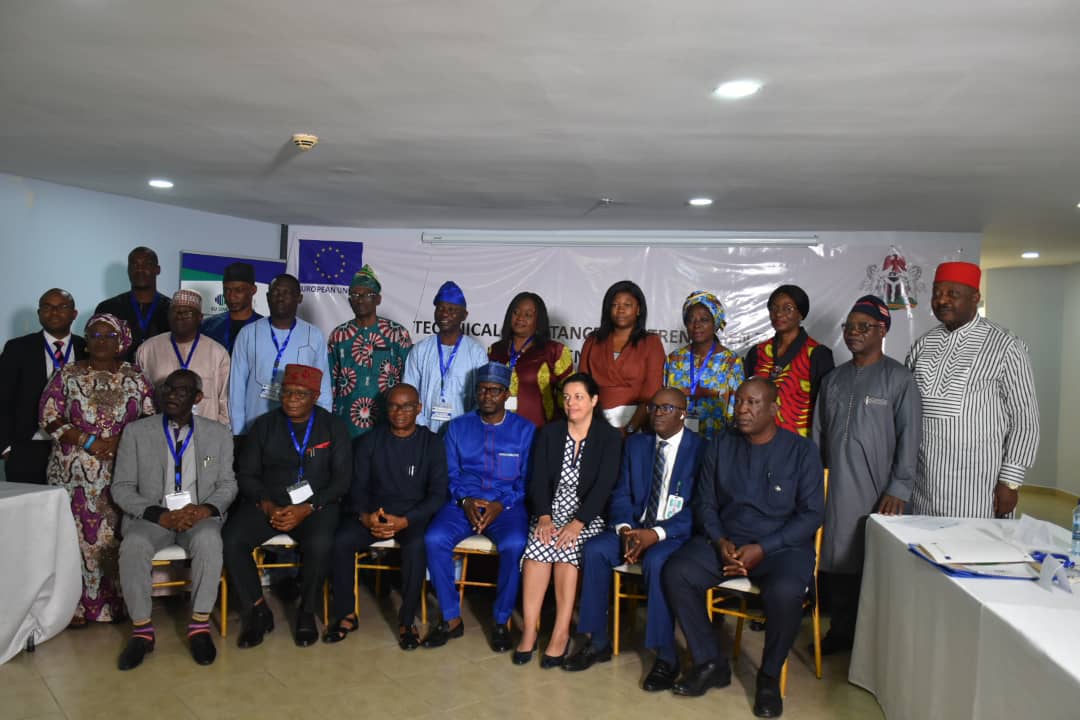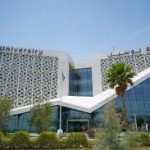In a major stride towards enhancing Nigeria’s security landscape, Ruben Alba Aguilera, Acting Head of Cooperation and Head of Section—Democracy Governance and Migration at the European Union Delegation to Nigeria and ECOWAS, announced the allocation of a substantial 100 million Euros grant by the European Union (EU). This grant is specifically designated to reinforce Nigeria’s efforts in combating the pervasive issue of insecurity within the country.
Aguilera revealed this significant development during the launch of COMITAS Phase 2 and the inaugural Project Steering Committee meeting held in Abuja on Thursday. Underlining the EU’s commitment to Nigeria’s holistic progress, Aguilera highlighted that the European Union has directed a total investment of €500 million across various sectors within Nigeria.
Speaking of the strategic approach, Aguilera emphasized the EU’s collaborative partnership with the Federal Government, States, and Local Government Areas, with a specific focus on addressing conflicts arising from competition over natural resources between farming and herding communities in Taraba and Adamawa States.
“While the EU is at the forefront of this pivotal effort, success requires the collective engagement of multiple stakeholders. We believe that the synergy of these stakeholders is integral to achieving a secure and prosperous Nigeria,” Aguilera stated. Furthermore, he noted that the EU’s involvement extends beyond Adamawa and Taraba States, encompassing regions such as the North, South East, Niger Delta, and the middle belt, affirming the EU’s commitment to nationwide security enhancement.
Assuring a comprehensive strategy, Aguilera underscored the EU’s intention to adopt an inclusive and integrated approach to tackle the country’s security challenges head-on.
In regard to the COMITAS Phase 2 Project launch, Aguilera detailed the allocation of 2 million Euros to fund the second phase of the project, targeting the states of Adamawa and Taraba. This initiative seeks to further build on the lessons learned from the first phase, which was aimed at resolving conflicts between herders and farmers in these regions.
Laurent de Boeck, Chief of Mission to Nigeria at the International Organization for Migration (IOM), expounded on the objectives of the COMITAS project. He highlighted its role in identifying solutions and fostering reconciliation within communities that experience clashes between herders and farmers due to the heightened competition over natural resources resulting from factors such as climate change.
Dr. Jeji William, Chief of Staff in the Office of the Executive Governor of Taraba State, affirmed the state’s dedication to addressing the persistent conflicts between herders and farmers. The COMITAS Project aims to strengthen traditional conflict resolution mechanisms, enhance trust in authorities, promote collaboration in resource management, and improve inter-communal perceptions.
The persistent resource-based conflicts between farmers and herders have underscored the need for proactive and collaborative measures. The EU’s significant grant underscores the collective resolve to overcome these challenges and create a more secure and harmonious Nigeria. With the earnest efforts of organizations like the EU and partnerships with key stakeholders, a safer and more prosperous future for Nigeria seems well within reach.










